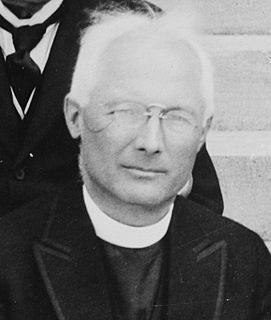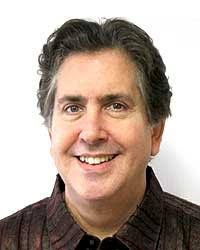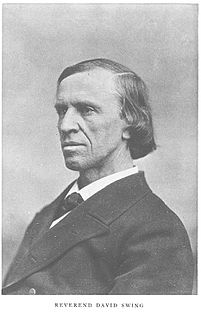A Quote by Albert Einstein
I do not believe in immortality of the individual, and I consider ethics to be an exclusively human concern with no superhuman authority behind it.
Quote Topics
Related Quotes
...[sacred] doctrine is especially based upon arguments from authority, inasmuch as its principles are obtained by revelation: thus we ought to believe on the authority of those to whom the revelation has been made. Nor does this take away from the dignity of this doctrine, for although the argument from authority based on human reason is the weakest, yet the argument from authority based on divine revelation is the strongest.
On consideration.. .of the reason wherefore men have so far gone astray, or that many - alas! - should follow diverse ways of belief concerning the Son of God, the marvel seems to be, not at all that human knowledge has been baffled in dealing with superhuman things, but that it has not submitted to the authority of the Scriptures
The modern Gamaliel should teach ethics. Ethics is the science of human duty. Arithmetic tells man how to count his money; ethics how he should acquire it, whether by honesty or fraud. Geography is a map of the world; ethics is a beautiful map of duty. This ethics is not Christianity, it is not even religion; but it is the sister of religion, because the path of duty is in full harmony, as to quality and direction, with the path of God.





































